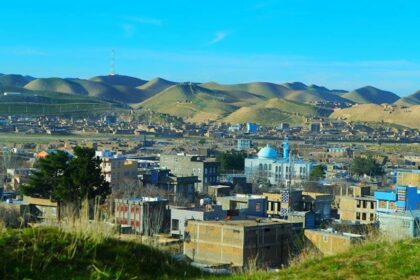RASC News Agency reports that a diplomatic source has informed “The Independent” that the Taliban have been invited to the UN climate summit in Baku, but only as observers with permission to attend side events, not the main sessions. Due to their lack of international legitimacy, they have not been granted access to official sessions designated for member states. Matiul Haq Khalis, head of the Taliban’s Environmental Protection Agency, traveled to Baku on Sunday, November 10, to attend COP29. This marks the Taliban’s first invitation to a UN climate summit, scheduled for November 21–22 in Azerbaijan.
In response, Afghanistani and Spanish human rights activists have voiced strong objections, fearing that the Taliban’s presence might pave the way toward broader recognition of the group. However, a diplomatic source clarified to “The Independent” that Azerbaijan extended an invitation to the head of Afghanistan’s Environmental Protection Agency purely as an observer at COP29, and the Taliban delegation is strictly prohibited from participating in the formal sessions. This limitation stems from the UN’s non-recognition of the Taliban as Afghanistan’s legitimate representative, which prevents their official participation.
Further underscoring this stance, a British government spokesperson confirmed that Prime Minister Keir Starmer would not meet with Taliban representatives in Baku, stating, “The Prime Minister has no plans to meet with them.” The spokesperson explained that the decision regarding Taliban attendance lies with the summit organizers but emphasized that leaders and representatives from around the world are convening to strengthen global action against climate change. The main focus of the Baku summit centers on a proposed $1 trillion aid package from developed nations to support climate adaptation projects in developing countries.
Afghanistan ranks among the world’s most vulnerable nations to climate change, having faced severe floods, earthquakes, droughts, and other natural disasters in recent years. Torrential rains this year alone have claimed lives and destroyed homes and farmlands across Afghanistan’s northern, eastern, and central provinces. Despite the worsening climate crisis in Afghanistan, the country remains excluded from many key climate summits due to the Taliban’s lack of official recognition.






